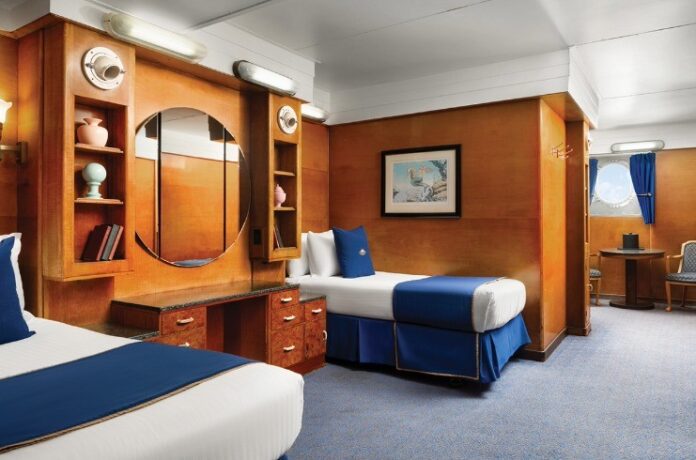
Second Wave, Aimbridge Hospitality’s in-house marketing agency, offers customized marketing services to hotels, from brand building to digital media campaigns. Conceived as the “next wave” in hotel marketing that closely aligns creativity with commercial strategy, Second Wave meets a need among Aimbridge’s clients. “Having external marketing agencies was just not enough [for our clients]. They wanted an in-house marketing team that could strategically partner with the commercial counterparts—e.g., sales, revenue, management, and operations—to drive profitable top-line revenue for their hotels,” explained Eric Ettlin, Second Wave’s vice president, brand, marketing & digital. This offering is uncommon in the third-party hotel management industry, where “we typically see small in-house corporate marketing groups who tend to outsource a lot of marketing support functions to agencies, but nothing as robust as Second Wave in size and scale,” Ettlin observed.
This year, Aimbridge is expanding the branding and website-building services of Second Wave beyond the company’s management clientele, offering it to any interested hotelier. The next step will be to grow Second Wave globally, beginning with Latin America, as Aimbridge expands internationally. “We’re building out our team in support of these exciting initiatives,” said Ettlin. Currently, Second Wave comprises more than 65 team members who handle marketing across 850 hotels, including many hotel F&B outlets. Team specialties include brand strategy, digital marketing, and field marketing, as well as account management and analytics.
The In-House Advantage
As an agency that is integrated with Aimbridge’s other departments, Second Wave leverages intimate knowledge of management client businesses. “We are hyper-focused on performance, both hotel performance and marketing performance, and we tie those two together,” he said. “So, working closely with both the properties and our revenue management counterparts, we’re able to get in real-time information and data about what the future pace looks like for the hotels and can adapt our strategies in accordance with what we’re seeing.” Ettlin explained that being in-house also enables the service to go beyond brand building to implementation. “We’re able to partner with operations to pull that brand ethos through to every touchpoint within the property, which is rare because a lot of brand-building agencies out there build a beautiful brand, but then hand it over to the property and wish them luck with the implementation,” he said. “So, that’s another key differentiator for us.”
AI-Powered Marketing
Earlier this year, Ettlin formed an “AI Taskforce” within Second Wave, focused on enhancing the agency’s use of AI across all areas, including brand building. “We’ve built some closed-source proprietary AI platforms that we’ve fed all of the brand-building knowledge that we have, so that the AI engines will start thinking like us and supporting our team as they build out brands for hotels and restaurants, including image generation,” he explained, adding an example of how the technology expedites the process. “We had a property in Miami that ownership needed to convert to an Autograph brand in short order. And so, they brought our team in and we completely built their new brand from start to finish in two months. Had we not been leveraging some of these AI tools, there’s no way we would have been able to get that done in that type of timeframe.” More recently, Second Wave leveraged AI to help rebrand The Queen Mary and its onboard hotel to capture the ship’s original, modern elegance. “We created a custom typeface from its historic signage, and we used AI to generate design assets whose style matched actual artifacts on board,” he related. “Having managed the ship for many years, to see our team be able to come in and completely rebrand it was rewarding.”
Proactive Campaign Planning
Going forward, Second Wave is not only focused on international expansion and enhanced use of AI, but also on smarter data integrations. “Aimbridge is probably set up for the biggest amount of success in the industry from the standpoint of how much data our company has and how much we’re able to leverage,” Ettlin said. Key datasets include ROI, revenue trends, and occupancy data—both historical and projected, which inform the design of marketing campaigns and their timing. “If you think about the way that hotel marketers have traditionally run their campaigns, it’s been a bit reactive in some ways, looking at backward-facing data and trying to anticipate where they need to shift spend or strategy in the future,” he observed. “But if we can pull in the forward-looking pace for our hotels and understand in real time what is happening—hotel to hotel—and then leverage AI to build out our marketing budgets around exactly where those need dates are for our properties, we can get ahead of the marketing efforts and support of our hotels as they face headwinds or need to scale back marketing, for example. That is going to be absolutely critical.”





